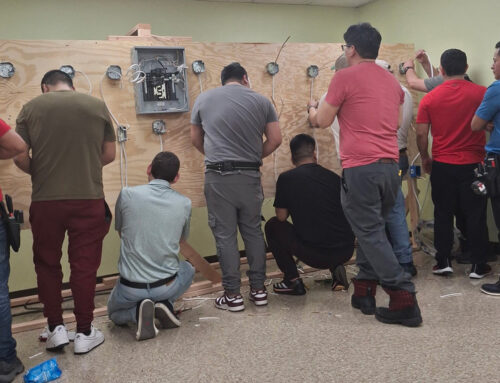
Salvationist Dynamics: Part 4
by Colonel Richard Munn
This 10-part series explores tried and trusted “pleasant tensions” matched together in The Salvation Army. Far from being feared or avoided, they give us dynamism: Salvationist dynamics.
Part 4: Crisis and Process
“Preach for a decision!”
So went the clear sermon instruction, rigorously imprinted on our hearts and minds as cadets. For an invitation to salvation and a person quickly moving from darkness to light, this can be readily understood. A crisis moment. For an invitation to sanctification, however, and a person quickly moving from salvation to holiness, this is more nuanced. A process over time, maybe.
Ah! Here we are entering the esoteric world of Wesleyan holiness crisis-process discussion and debate, and it is very specifically addressed in The Salvation Army Handbook of Doctrine.
The Salvation Army has contributed to the discourse, with none other than Samuel Brengle championing sanctification more as a crisis moment, and Frederick Coutts emphasizing holiness more as a gradual process. Brengle is the flaming prophet; Coutts is the gentle pastor.
Brengle is clear and unambiguous, outlining the date, time, and place that “God sanctified my soul.” Coutts resonates more with Stuart Briscoe, who writes evocatively that saints “hobble towards holiness.” It is important to note that the perspectives are not mutually exclusive; they simply provide a different emphasis, and they are in our midst as a genuine Salvationist tension, a beautiful one.
The illustration of the rising sun can be helpful. The darkness of night changes to morning light quite gradually, and yet meteorological records for that day will list a very specific hour and minute for the sunrise.
Sanctification is for every believer. We grow in grace, and at some point, we can say, “By God’s grace, I believe I am sanctified.” And the growth continues.
With characteristic vigor William Booth writes:
To all the world I dare avow
That Jesus sanctifies me now.
Here are some excellent links on the subject:




